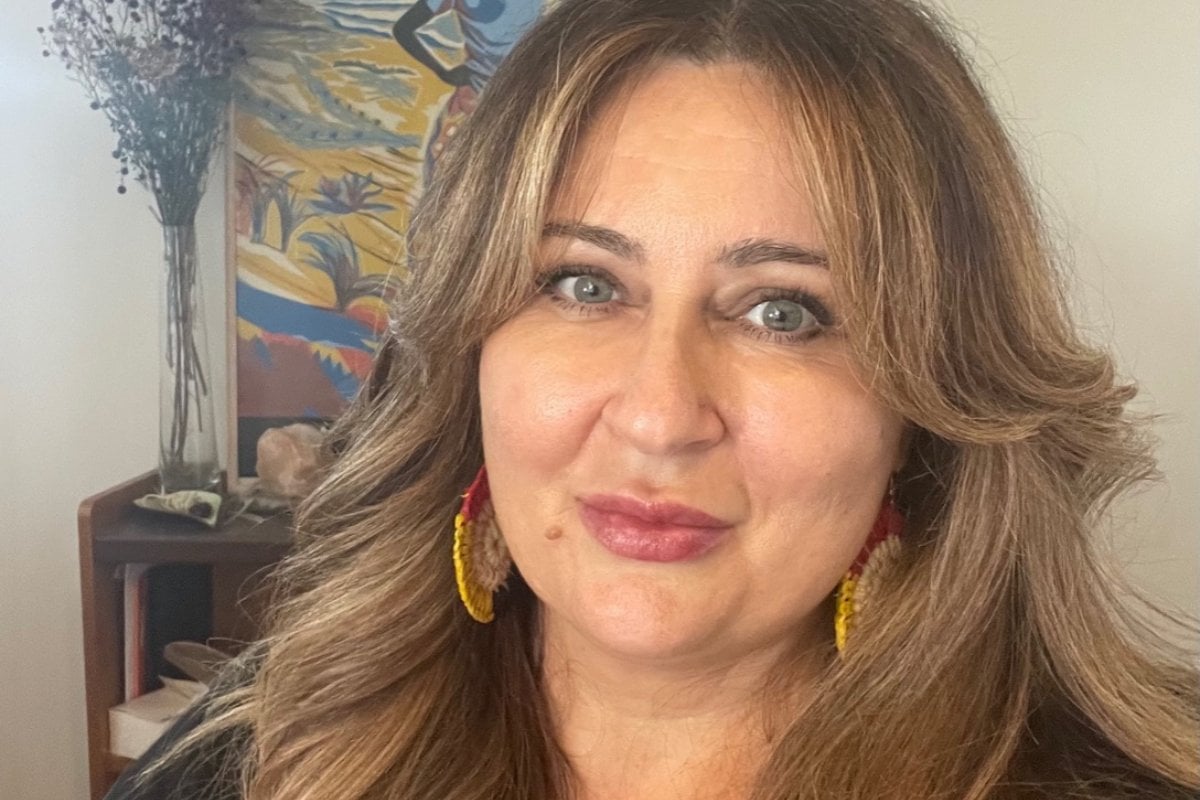
This post discusses domestic violence and could be triggering for some readers.
I have worked in the anti-violence space for well over 20 years. I’ve seen a lot of things, faced my share of challenges and learnt a lot of lessons along the way.
One of the hardest things for me as an Aboriginal woman who has experienced extreme violence during my life, working in this space, is showing my vulnerability.
I believe there is an expectation for Aboriginal women to be strong, resilient, to power through, regardless of obstacles we may face. To just keep moving, show no emotion, soldier on! And I have done this and done it well throughout my career as a domestic violence educator, advocate and survivor. Until recently, when everything I work towards and advocate for was staring squarely back at me.
I was faced with not being able to see my grandchildren resulting in court proceedings. My son was arrested for breach of an AVO and I resigned from my position as CEO of Mudgin-gal Aboriginal Women’s Centre after three and a half years of service.
My life was in turmoil. All the things I advocate for and feel so very strongly about were now a reflection of my own reality. I was spinning out of control at 53 years old.
Grief and resilience live together”- Michelle Obama, Becoming.
Aboriginal women are 34 times more likely to become victims of violence than white women, and the burden of this falls on our shoulders, whether we are the victim, the family member or mother of the perpetrator.
For the record, I supported my daughter-in-law and advocated for her as I would any other woman. However, when my son was arrested and immediately imprisoned, the experience of both parties highlighted the double standard in place for Aboriginal people - the systems don't work for us, they work against us.


Top Comments